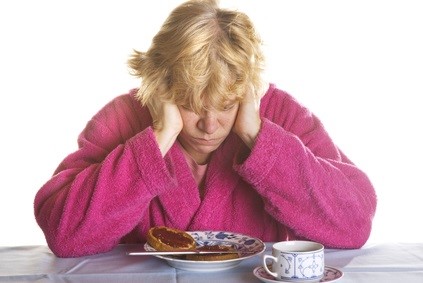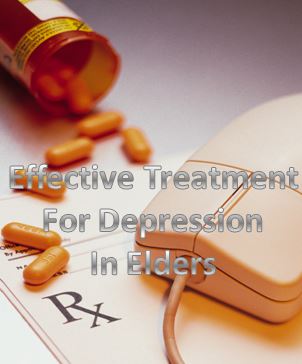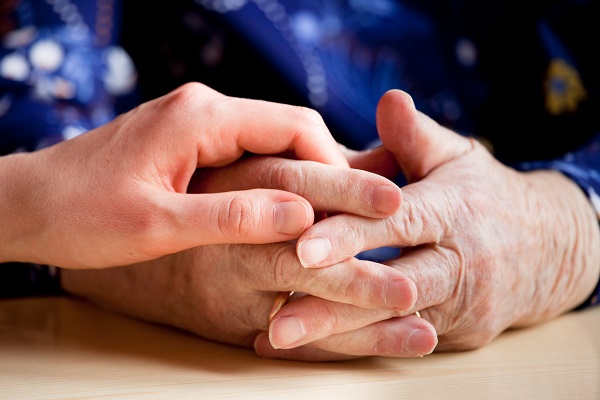Getting Help for Depression
With Robin Williams’ recent suicide, there has been increasing discussion about depression, addiction and suicide. Increased awareness is important for these issues that are too often hidden and stigmatized, or misunderstood.
One great article that was recently posted on Forbes.com is Five Common Myths of Depression, which may help you to gain a better understanding of the disease.
Older adults in particular often face untreated depression, largely because of certain misconceptions. Some of this comes from the myth that depression is a normal part of aging. Additionally, the signs of depression can be a bit trickier to spot in elders and often get confused with other illnesses. You may want to read our article, Signs and Symptoms of Depression in the Elderly.
Many people aren’t aware of the high rate of suicide among older adults (though the rates are also increasing among men in Robin Williams’ “middle aged” group). Others believe the myth that these suicides in elders are generally active choices to end their lives due to disease or pain, but studies have not corroborated this idea. Here are the stats about elder suicide:
- People over 65 make up about 13% of our country’s population, but about 18% of all suicides.
- Elderly white males have the highest rate of suicide of any group (over four times the overall rate of suicide).
How do you help the depressed person? How do you convince him/her to get help? Where can you turn?
The Right Approach: How to Help an Older Adult You Feel May Be Depressed
Tips for Helping a Depressed Senior with Healthy Living (ways you can support the person)
NAMI (National Alliance on Mental Illness): Depression in Older Adults
National Suicide Prevention Hotline: 1-800-273-TALK (8255)
Our Aging Wisely team has in-depth experience helping clients and families seek diagnosis and treatment for depression and other mental health issues. Our care managers assist in managing conditions, coordinating healthcare, advocating for clients and checking in to ensure follow-up and safety. Call us at 727-447-5845 for a free consultation.




 Popular Downloads
Popular Downloads


 Get Our Newsletter!
Get Our Newsletter! Mission Statement
Mission Statement

